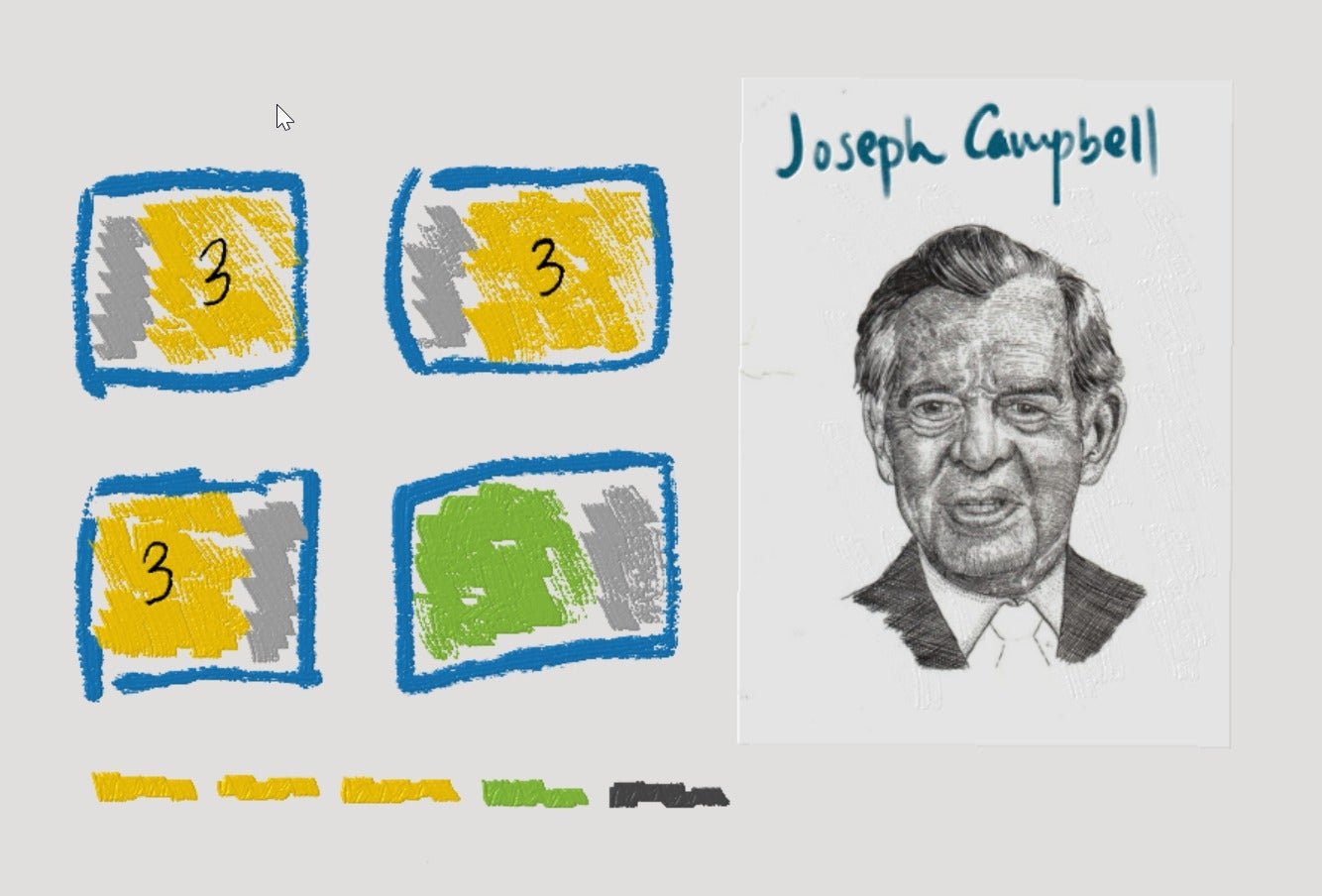Your first few post-grad years can be more educational than college
In 1949, writer and mythologist Joseph Campbell published The Hero with a Thousand Faces.


In 1949, writer and mythologist Joseph Campbell published The Hero with a Thousand Faces.
The book is still in print today and has sold well over a million copies (no small feat for an academic book). Time lists it as one of the 100 most influential books written in English since the magazine began.
Twenty years earlier, at age 25, a young Campbell would embark on what he considered the “most important period of my scholarship and study.”
A few weeks after the arrival of the Great Depression, Campbell found himself jobless. He took what savings he had earned as a student and withdrew to a rented shack in Woodstock, New York.
In The Hero’s Journey: Joseph Campbell on His Life and Work, reflects on the daily routine he would keep for the next five years:
“I went up to Woodstock and just read, and read, and read, and read, for five years. No job, no money. I learned then that you don’t need money to live if you’re a young man who didn’t get himself involved sooner than he should have, before he had the ability to support what this involvement might be.
“So during the years of the Depression I had arranged a schedule for myself. When you don’t have a job or anyone to tell you what to do, you’ve got to fix one for yourself. I divided the day into four four-hour periods, of which I would be reading in three of the four-hour periods, and free one of them.”
“By getting up a eight o’clock in the morning, by nine I could sit down to read. That meant that I used the first hour to prepare my own breakfast and take care of the house and put things together in whatever shack I happened to be living in at the time. Then three hours of that first four-hour period went to reading.
“Then came an hour break for lunch and another three-hour unit. And then comes the optional next section. It should normally be three hours of reading and then an hour out for dinner and then three hours free and an hour getting to bed so I’m in bed by twelve.
“On the other hand, if I were invited out for cocktails or something like that, then I would put the work hour in the evening and the play hour in the afternoon.
“It worked very well. I would get nine hours of sheer reading done in a day. And this went on for five years straight. You get a lot done in that time.”
Over five years, Campbell spent over 16,000 hours spent reading—far more than the 10,000 some say (though I am skeptical) you need for mastery.

But let us accept reality. Even if most of us had the time, we would not read for nine hours a day. Where did Campbell’s discipline come from?
Campbell’s advice is to read what interests you:
“Reading what you want, and having one book lead to the next, is the way I found my discipline. I’ve suggested this to many of my students: When you find a writer who really is saying something to you, read everything that writer has written and you will get more education and depth of understanding out of that than reading a scrap here and a scrap there and elsewhere. Then go to people who influenced that writer, or those who were related to him, and your world builds together in an organic way that is really marvelous. Whereas the way these things are taught normally in college and school is a sampler of what this one wrote and that one wrote and you’re asked to be more interested in the date of the publication of Keat’s sonnets than in what’s in them.”
This post was originally published on Medium.